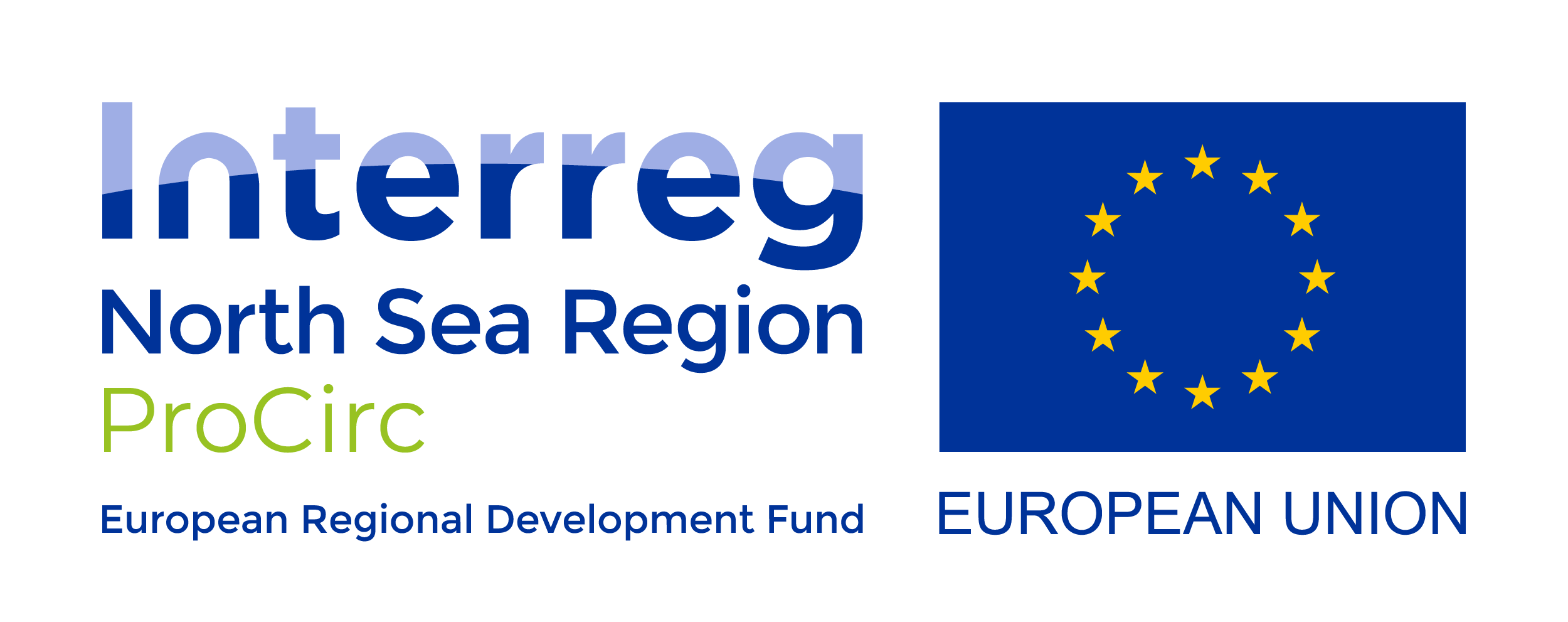
A new workshop on circular procurement, moderated by ACR+, took place on 14 October 2021 as part of the 19th European Week of Regions and Cities. The event was co-organised by the Urban Agenda Partnership for Innovative and Responsible Public Procurement and partners from the Interreg NSR project ProCirc. It was an occasion to share experience and best practices and to show how circular procurement can speed up local and regional transitions towards a circular economy.
Tjisse Stelpstra member of Committee of Regions and CEMR spokesperson introduced the event highlighting the needs of targets for regions and local authorities, he also underlined the role of innovation in Green Public Procurement (GPP) criteria and targets to stimulate innovative solutions for energy and resources savings. His final remark was on the challenge of today: cities and regions need to receive knowledge about circular economy to fight against scepticism.
It followed with the presentation by Ieva Cerniute from DG Regio (European Commission) showing new programs on Cohesion policy for 2021/2027 which will dedicate half of the total amount of founds (almost 400 billion of €) to Public Procurement. Green public procurement is a strategic tool in the framework of the Green Deal. In this perspective it also means a strategic use of market power to support policy objectives and post COVID19 recovery efforts. The Commission wants to achieve a step forward in: considering quality and move away from the criteria of “lowest price”; considering social innovative and environmental aspects to support cohesion policy; strengthen professionalization and administrative capacity.
Further, Matthew Baqueriza–Jackson from Urbact explained how URBACT programme on strategic procurement helps local authorities in training through an 8 modules online course. After, the representative of Circular Flanders Melody Van der Acker presented the ProCirc project and its toolbox while a video about C-PRONE, as a long-term framework for CPP was prepared by Joan Prummel (ACR+ member Rjikswaterstaat). A best practice from local municipality was showed by Valentina Schippers-Opejko from ACR+ member City of Harlem in the role of Urban Agenda coordinator. She presented an e-learning module on public procurement and innovative solutions in Harlem for road and water works. Emma Borjesson from Malmö municipality continued to showcase the practical experience of Malmö on the procurement of second-hand furniture and circular signage and presented the results in saving 170.000 ton of CO2 for each year; 10% of reused furniture in 2019 and 15% in 2020. Finally, Peter Ramsey, representative of BITC, explained what a circular business model development is and how it is supported by involving suppliers, manufacturers, industry associations, innovative start-ups in the procurement process.
You can find the recording here



